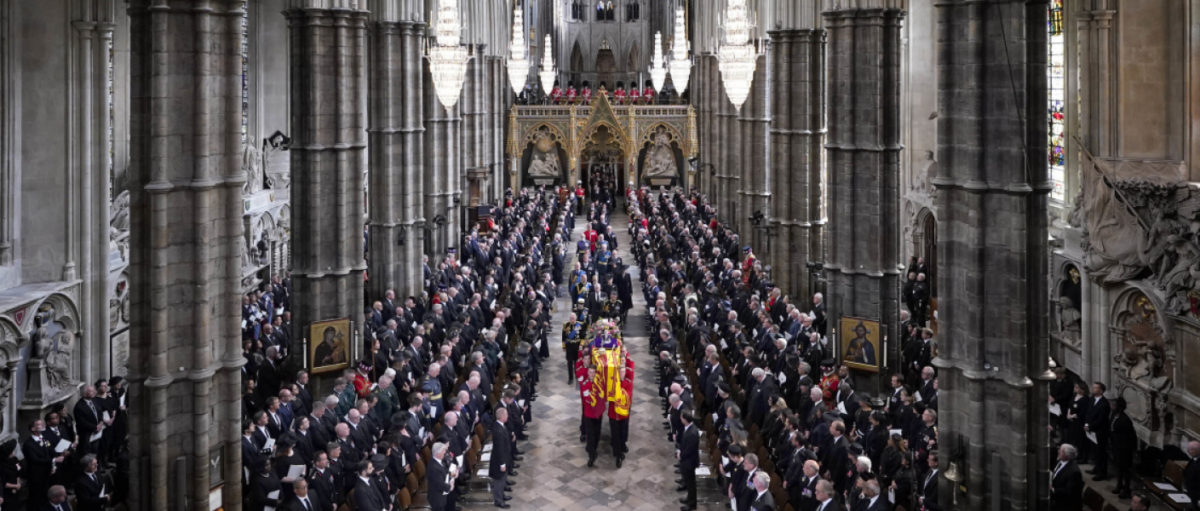Who botched it in Saskatchewan?
The RCMP stayed true to their motto (“Maintiens le silence”) during the murders on James Smith Cree Nation and nearby. The suspects had the same last name, but Mounties wouldn’t comment on any relationship. That was farcical and it turned into travesty when the second brother (as indeed they were) was caught and put in a cruiser, unhurt. There he died from what the Mounties called “medical distress.” They declined any further comment.
Yeah, it’s infuriating — but the RCMP are doing what institutions do if they can. What I don’t comprehend is the passivity of the press. In the U.S. or U.K., some at least would’ve been howling about the “incident” in the cruiser. Rumours would’ve leaked. A journalist would be en route to making a career by breaking the real story. (Our press is capable of such disruption: Global News correspondent David Akin was deliberately rude to Pierre Poilievre for refusing to take questions and got somewhere.) At the very best, it showed a lack of professional curiosity.
I’m not sitting shiva for CNN.
There’s alarm on sites like the Guardian over CNN firing on-air figures like Brian Stelter and John Harwood and its supposed turn to the right. When Ted Turner started CNN, it had an independent leftishness that eventually turned to the usual mainstream sludge. After former U.S. president Donald Trump, it’s been less left-leaning than a propaganda ministry for the Democratic party.
CNN took to calling Trump’s claims about a stolen election “lies,” which I’ve no problem with. What irks me is they don’t use the term on anyone else, making it seem like all others are telling the truth. Nor do they explore how Dems like Bill Clinton and Barack Obama betrayed “ordinary” voters and favoured the rich in, e.g., the 2008 crisis, thus making Trump quasi-inevitable. One final irritant: their ability, widely shared, to report catastrophes like Puerto Rico this week, with little to no mention of climate change. This is lying by omission; it’s not overt. But in the long run it may do more harm than any and all outright “lies.”
“Women Talking.”
The new film by Sarah Polley (a good friend) is a feminist triumph. It’s also probably the most political film I’ve ever seen in this sense: it implies that politics is about consultation and discussion, versus stuff we’ve come to assume it’s about like elections, power and big issues. A group of illiterate, beleaguered women must make a decision and they talk till they do, without anyone knowing who quite came up with the decision they all reach. It’s gripping. When it began I thought I’d be checking my watch. I didn’t once.
We’ve been sold the notion that democracy is a rare, fragile bird invented in ancient Athens and perfected in “the West” — which is why it’s so imperilled. This film says politics is basically just about talking together, and democracy — in that sense — is its essential expression. When Nelson Mandela was released from prison, a Canadian journalist embarrassingly suggested his people weren’t “intellectually” ready for democracy. If you’re human, says the film, you’re born ready for democracy.
The queen as a member of the Greatest Generation.
I don’t like the term much but she sort of fits: reticent, stoic, dutiful, ready to sacrifice.
If you went through the war, as she did, and were aware of what preceded it — the First World War, the Depression, fascism, the Holocaust — you might well have felt historically shell-shocked: how could each, not to mention all these, happen without humans resolving that it wouldn’t occur again? Both ordinary people, and many of the rich and privileged who sometimes seem distanced from basic concerns, felt it simply cannot continue this way (think of Lester Pearson) and were ready to devote themselves to that conviction.
It’s their voices in the UN Charter preamble: “We the peoples of the United Nations, determined to save succeeding generations from the scourge of war.”
If none of that stuff, then no Queen Elizabeth II.
This column originally appeared in The Toronto Star.



